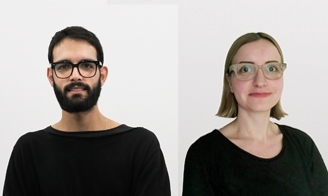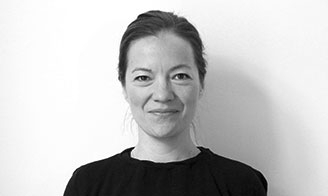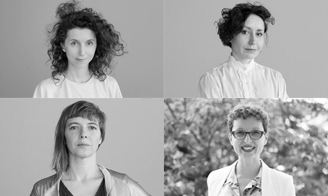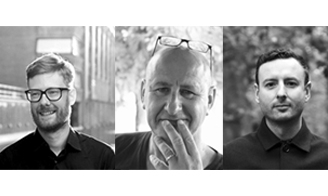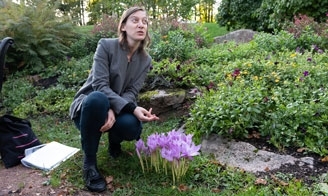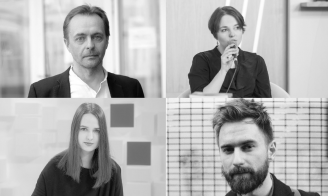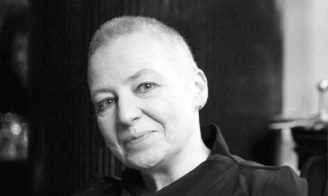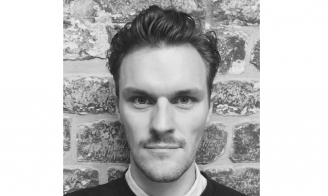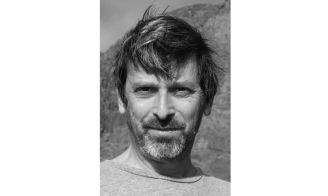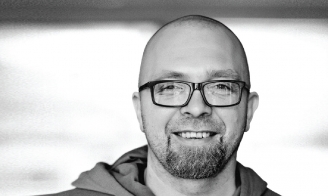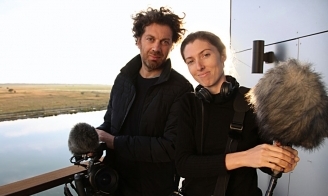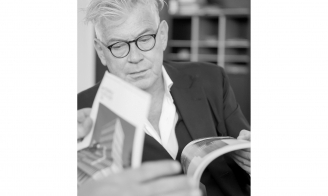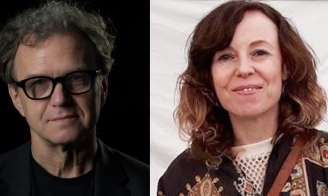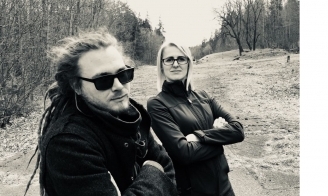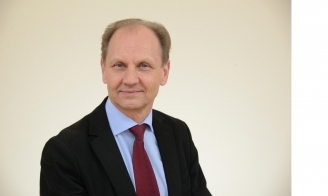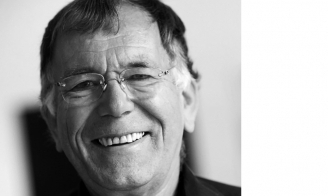Regeneration [and its Discontents]
The way we encounter urban transformations in the modern city vary sharply –– for some, such development marks the emergence of new and 'smarter' future whereas for others a grave omen of a tomorrow they will have no part in. One of the most popular terms for describing these fraught changes is gentrification. While the term has been an effective means for expressing how social inequalities manifest in architecture and the urban landscape, it has a tendency of producing overly reductive narratives about predatory outsiders and local victims. Although these narratives may capture public sympathy -- in their heart warming appeals to the victimised communities -- they have the problematic side-effect of eliminating more nuanced sites of urban agency and positive cultural/political transformation, that are less incorporable in the monolithic accounts of vampiric hipsters vs impoverished grannies.
We thus turn to the concept of urban regeneration and its discontents. Regeneration overcomes some of the setbacks of the gentrification discourse while retaining the myriad social discontents woven within the capitalist urban landscape. The concept bears the ambiguities of urban change as a multifaceted processes, impacted by: architectural interventions, local agencies, cultural-artistic factors, urban growth narratives, as well as investors and zoning policies. Regeneration is not just a methodology for theoretical analysis, but has also been deployed as a method to transform cities. Invoking the urban imagination and providing cultural forces short-term agencies in the conjuring of urban space and social futures.
As the biggest cities in Lithuania go through new cycles of intense change, we need to explore alternative ways to analyse and adjust urban space. Rash urban decision making procedures and profit driven private sector agendas have led to the escalation of tensions between local communities, urban developers, city planners, and private sector investors. These tensions cannot be resolved through isolated architectural solutions.
Regeneration [and its discontents] approaches these fraught conflicts while attempting to move beyond dominating binary oppositions between stagnating local preservation and dystopic global capitalist futures. Specialists of different disciplines will introduce strategies for activating positive urban and architectural development through art, aesthetics and sound. They will also critically analyse the phenomenon of regeneration and its diverse effects. Regeneration [and its discontents] offers a wide but attentive look at urban processes and hopes to cultivate positive strategies for their alternative analysis and practice.
Curators of 27th ARCHITECTURE [discussion] FUND - Tautvydas Urbelis, Miglė Babickaitė ir Noah Brehmer.
Talks will take place at the National Art Gallery (NDG), Konstitucijos pr. 22, Vilnius.
The talks will start at 8.00 p.m. and will be held in English
Additional events will take place at: Luna6 (Zanavykų str. 6), Studium P (Pylimo str. 20), XI20, Empty Brain Resort (Vitebsko str. 23)
Additional events will be held in English and Lithuanian.
The entrance is free of charge.
Strategic partner of the series: Lithuanian Council for Culture
Partner of the series: National Art Gallery (NDG)
Between buildings: Landscape, Public space, Environment
Behind the shallow technical description of landscapes and public spaces as ‘site arrangement’ and behind practices that shape them named as ‘softscape design’ exists a rich and complex world of environments and spaces formed by natural and cultural forces and myriads of practices involved in creating and transforming them. The 26th series of Architecture Fund talks are dedicated to exploring the rich and ripe scene of design and artistic practices that shape, transform and articulate urban and rural open spaces around us and inquire into different contexts and complexities that they engage with. The events aim to ask what kind of cultural and environmental qualities do landscape architecture, community-led and artistic interventions put forward and what kind of meanings these types of work convey to different users of shared urban, suburban and natural environments. By inviting to participate in the talks with prominent artists, landscape architects, architects, developers and local community members the series also seeks to encourage the general public to critically assess and reflect upon local culture and its relation to shared spaces and practices that transform them.
Curators of 26th ARCHITECTURE [discussion] FUND - Eglė Bazaraitė and Povilas Marozas
Poster illustration by - Joana Durães
Talks will take place at Nacionalinė Dailės Galerija (NDG), Konstitucijos pr. 22, Vilnius and Miesto Laboratorija, Antakalnio g. 17, Vilnius.
The talks will start at 8.00 p.m. and will be held in English and Lithuanian. The entrance is free of charge.
26th Talk series is presented by Lithuanian Council for Culture, sponsored by French Institute in Lithuania, ACO Nordic
beautiful/ugly
“Say what you will, but I think this building’s ugly”- Architecture in the public sphere is often evaluated through binaries of pretty/ugly, love it/hate it. In the world of social media we all have an opportunity to evaluate, share our opinions, and become critics. When was the last time you gave between one and five stars to a new restaurant, film theater, or park, maybe wrote a review?
Theater, visual arts, music and other art forms not only have their creators, but also their critics. Criticism and public debates allow for a better understanding of a particular work in its context as well as foster the growth of an entire cultural field. And what about architecture?
What is the aim and value of architectural criticism? How to examine architectural and urban design decisions and present them to the wider public in more accessible language? Can we become smarter architectural critics? Do we know how to criticize constructively, or accept criticism when it is directed at us? So, will you write a review?
Curators of this series of lectures: Dalia Čiupailaitė-Višnevska, Martynas Germanavičius, Matas Šiupšinskas
Iliustracijos autorius: Povilas Jankūnas
Lectures will be happening in MO Muzeum (Pylimo g. 17, Vilnius).
Lectures begin at 20.00 val.
Lectures will be held English and Lithuanian language. Events are free of charge.
This series of lectures is presented by: Lietuvos kultūros taryba, Prancūzų institutas Lietuvoje, Tarkett, Paroc.
Partner of the series: MO muziejus.
Beloved Architecture
Architecture should strive to be loved. For us, beloved means it is long-lasting, functional and desired. It also means that it creates positive beginnings and provokes change. The 24th cycle of lectures seeks to inspire and connect professionals with enthusiasts by discussing the impact that architecture creates.
The lectures will be held at MO museum, Pylimo st. 17, Vilnius. The lectures will be in Lithuanian and English languages. The event is free.
24th Talk series is presented by Lithuanian Council for Culture, supported by French Institute in Lithuania, Exterus, Calenberg Office Solutions, Think Light, Wienerberger, Goethe Institute
Partner of the Talk series is MO museum.
A City’ Joints and Muscles: About the Links Between Architecture and Art
The 23rd series of talks invites us to take a look at the body of a city as a living organism, whose muscles and joints often become stiff, while the blood vessels and the lymphatic system become clogged. The city has no time for preventive measures, stretching exercises and key lifestyle changes, so in order to quickly rejuvenate itself or get rid of its problems faster, it turns to reckless means, choosing to go under the knife instead of consulting a therapist. Perhaps if it submitted itself to the prescribed course of therapy, it could get rid of some of the psychosomatic disorders caused by past trauma and anxiety about the future that are holding the city back from creating a new life quality.
During the series of talks held in collaboration with the curators at the National Gallery of Art, art practices in the city’s public spaces could become a means of therapy, a massage for the body and the mind. Art and architecture share a long history. Particularly in the recent years, there have been a lot of square and park renewal projects, as well as projects for new monuments. The series of lectures invites us to bring our attention to the global trend where public spaces are turning from objects of political representation through sculpture into marks of communal self-expression that do not conform to any single media. In this series of talks, based on different experiences and artistic practices, the collisions of architecture and art practices are considered as a way to reveal the overlap between city expansion and the memory of the city, setting in motion the stiff life functions of the organism.
Curators of the talk series: Danutė Gambickaitė, Eglė Juocevičiūtė, Niamh McDonnell.
Illustrations by Justė Venclovaitė.
Project is presented by: Lithuanian Council for Culture, Danish Cultural Institute, Polish Institute in Vilnius.
Partner: National Gallery of Art.
The talks are held at the National Art Gallery (NDG), Konstitucijos av. 22, Vilnius. The talks will be held in English and Lithuanian. Entrance is free of charge.




